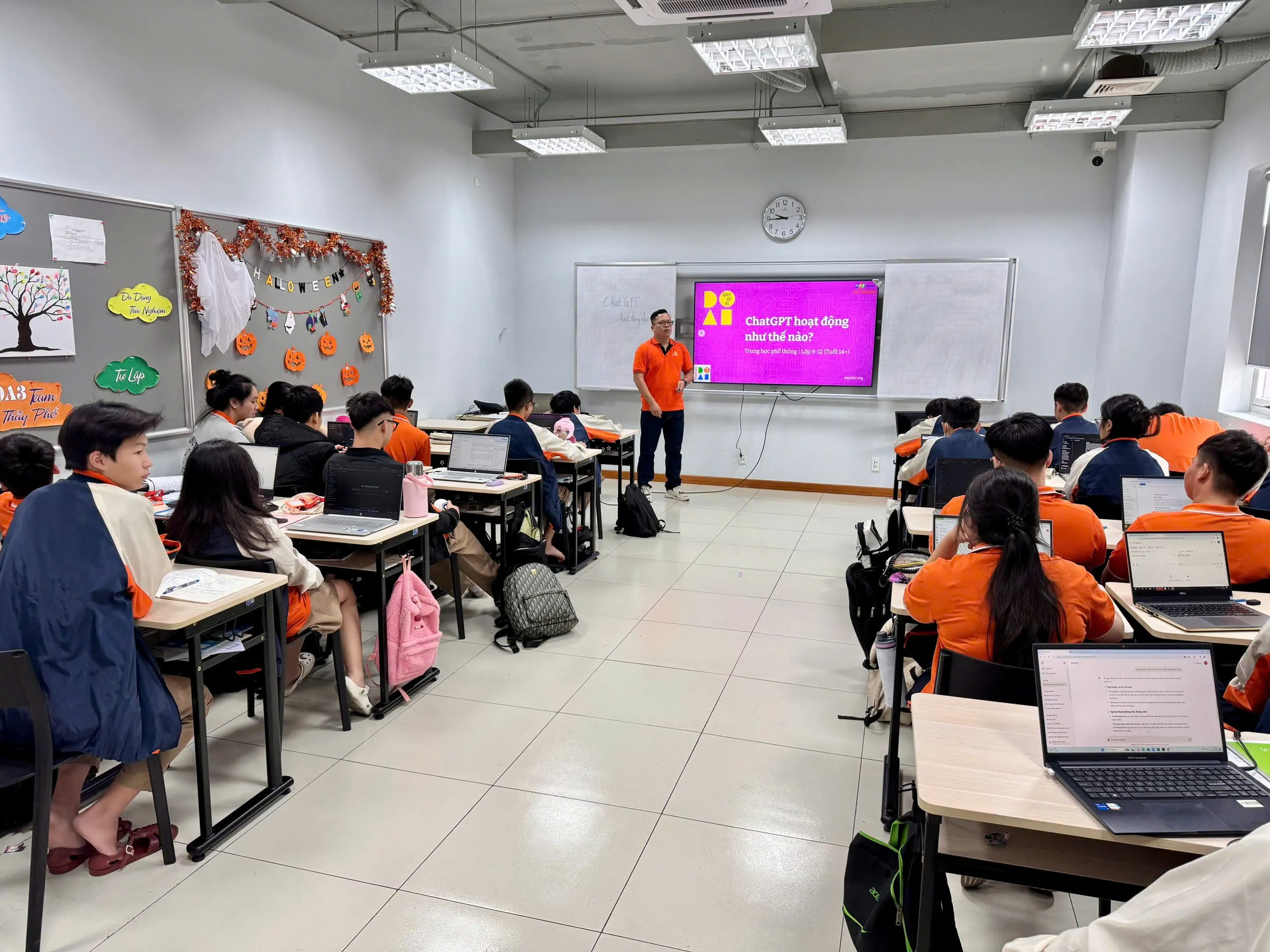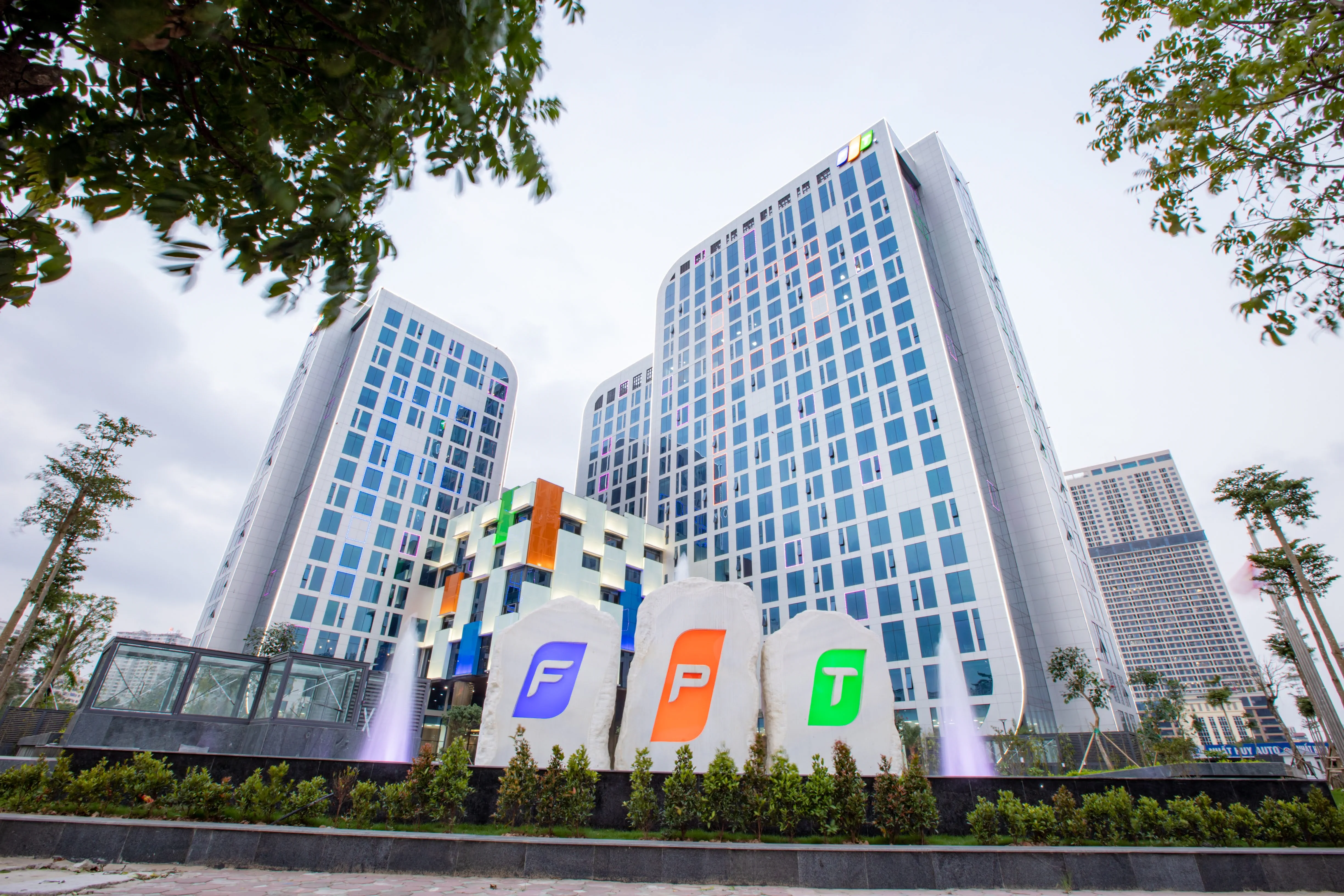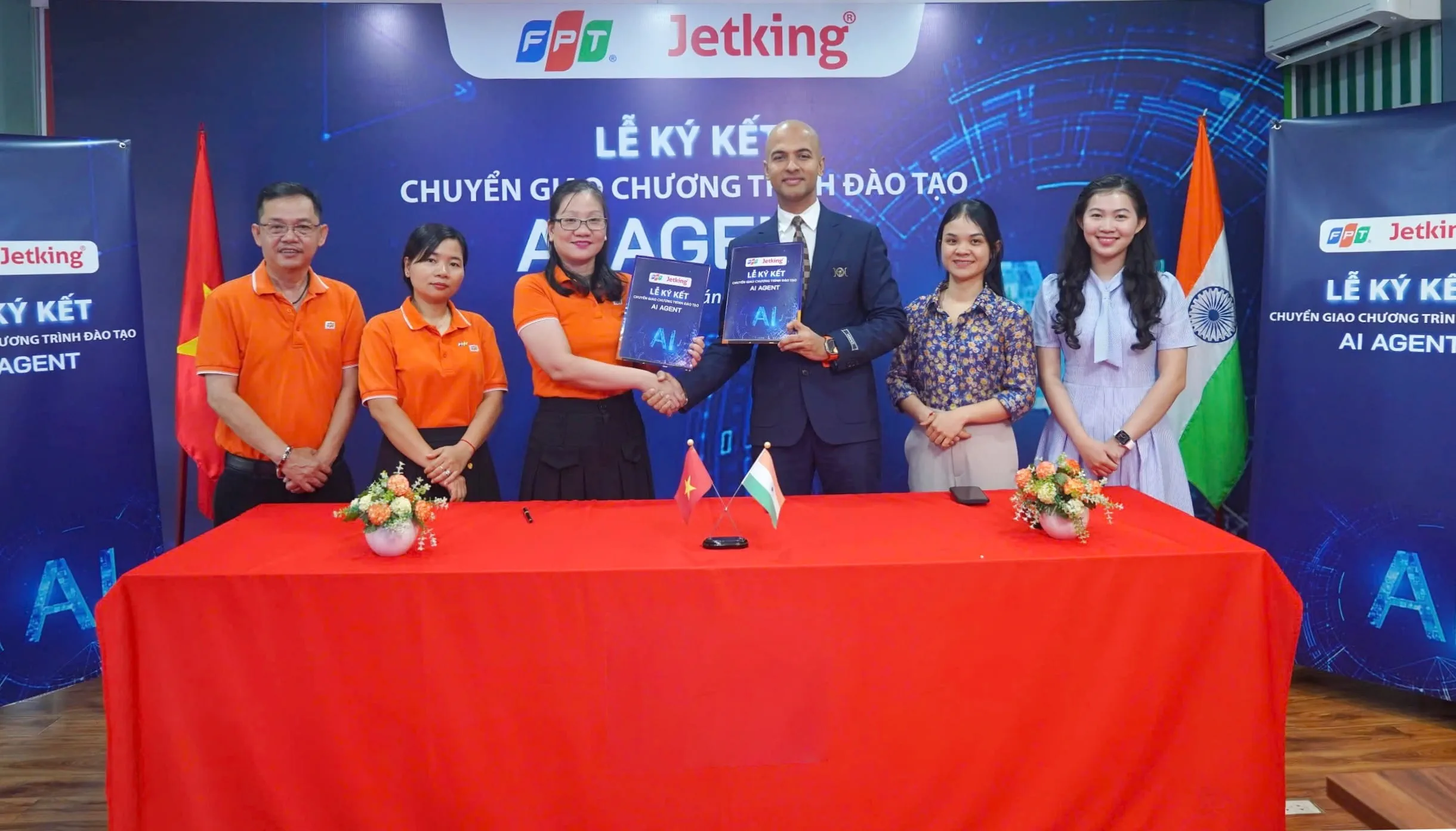Top 10 occupations at risk of disappearing before 2030
•
15/06/2025
Numerous studies caution that the rise of automation, robots, and artificial intelligence (AI) could eliminate workers in the following ten occupations in a matter of years if they do not adapt.

The AI Wave and the Fear of “Obsolution”
According to the World Economic Forum’s (WEF) Future of Jobs 2025 Report, about 92 million jobs, or 8% of all jobs globally, could be completely displaced by 2030. By 2030, the impact of AI and automation could force 375 million workers worldwide to change their career paths and acquire new skills or face extinction, according to another McKinsey report.
The explosion of automation and artificial intelligence is revolutionizing the labor market. The good news is that in addition to the jobs that will be replaced, there will be a lot of new positions with titles that have never been held before. According to the WEF, 170 million new jobs will be created by 2030, making up roughly 14% of all jobs currently held.
The primary issue that requires our immediate attention is which jobs will become obsolete or disappear by 2030. What steps should employees take to get ready for these changes?
According to data compiled from WEF, LinkedIn and global researches, the top 10 jobs at risk of being replaced within the next 5 years include postal workers, bank tellers, data entry clerks, cashiers, legal assistants, office administrative secretaries, factory assembly workers, telemarketers, travel agents, and fast food servers.
These occupations are similar in that they require neither creativity nor social interaction and are routine and predictable. Among them are data processing tasks, which AI and robots can perform more cheaply and effectively. The list serves as an alarming caution that if people fail to adapt, they could become victims of the technological wave.
The FOMO (Fear of Missing Out) mentality, or the fear of falling behind, is becoming more prevalent in this situation. Many employees fear that they will lag behind or possibly lose their jobs in the near future if they do not promptly improve their technological knowledge and abilities. However, workers are also positively motivated to innovate as a result of this fear. The best strategy to overcome FOMO is to proactively adapt and move toward "irreplaceability" by concentrating on capabilities that are challenging for AI to replicate, as opposed to panicking.
Education, the key to the future of the workforce
Education is the key solution in the race to adapt to the AI era. The first objective for the present workforce is to be proficient with digital tools and possess a fundamental understanding of data and artificial intelligence. In order to make AI a smart assistant rather than a rival, workers must be retrained to use it efficiently.
In this context, AI has been implemented in education at an early stage in many nations. China has had a national AI strategy since 2017 with the specific objective of becoming the world's AI hub by 2030. The strategy focuses on transforming education from the ground up and integrating AI into elementary school instruction. More than 250 CEOs of big corporations in the US have recently suggested making computer science and artificial intelligence required courses in high school.
In Vietnam, some educational institutions have quickly joined the race. From the 2024-2025 school year, FPT Schools pioneered the introduction of AI into the “Smart World Experience” (SMART) program from grade 1.

FPT students learn about Chat GPT in an AI class
As mandated by the Ministry of Education and Training, this is one of three enhanced training programs offered by FPT Schools in addition to the core curriculum. These programs focus on teaching students early technology skills with three pillars: robotics, coding, and STEM. AI is incorporated into these subjects for at least ten periods annually.
Additionally, students at FPT Schools also had the chance to use technology for community projects from a young age by competing in national and international AI contests. By doing this, they learn to think logically and creatively, comprehend AI, and use it responsibly and sensibly without relying on or abusing technology.
At the university level, FPT offers specialized training programs in AI, semiconductor design, and other advanced technology fields. In addition to knowledge, students are equipped with not only knowledge but also soft skills such as critical thinking, problem solving, communication, creativity, and leadership – skills that machines cannot replace.
A seamless roadmap will be created by technology education from elementary school through university that is organized, compliant with international standards, and appropriate for Vietnamese culture. This will aid in the preparation of top-notch human resources. The secret to assisting Vietnam in making a breakthrough and solidifying its place in the global value chain will be to cultivate a talent ecosystem in the field of artificial intelligence from the root.




